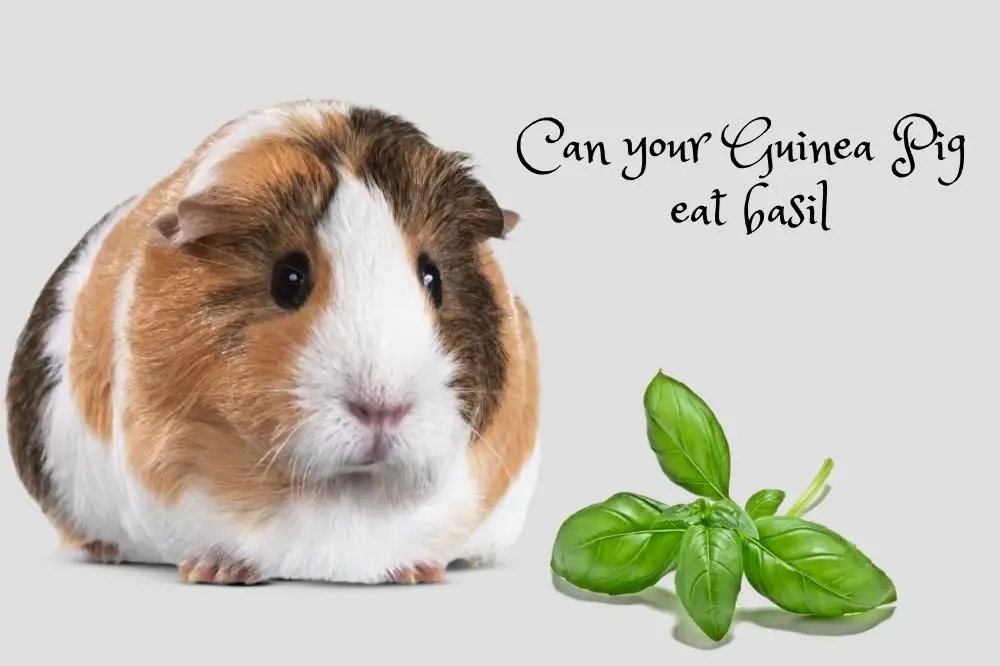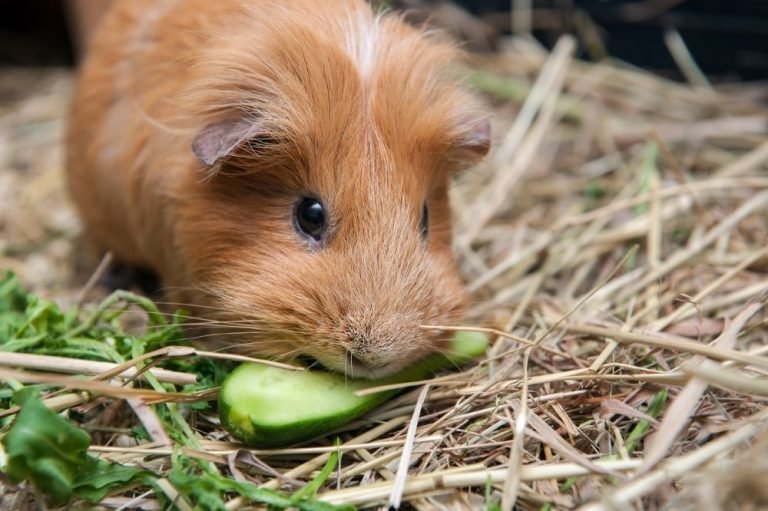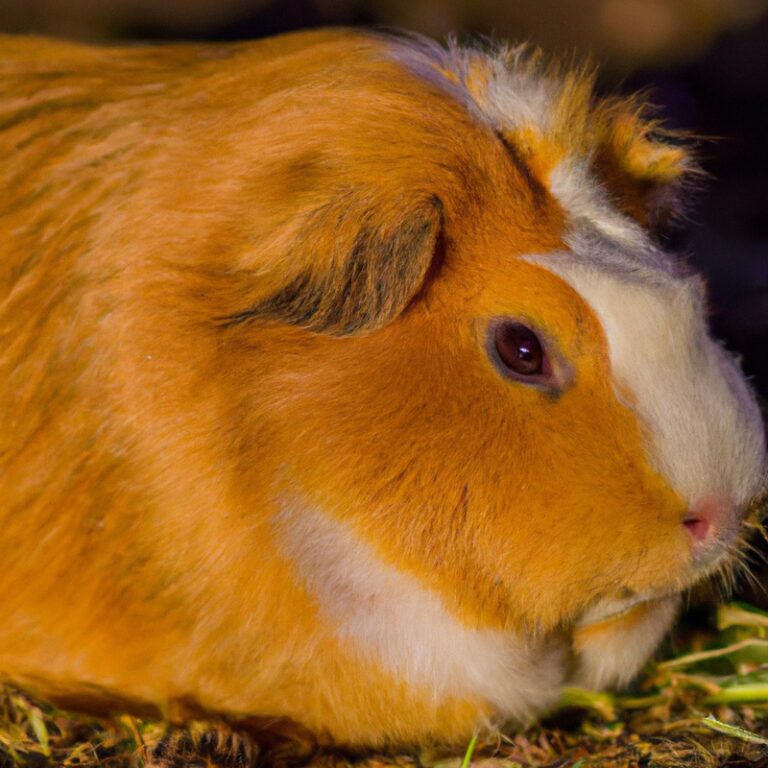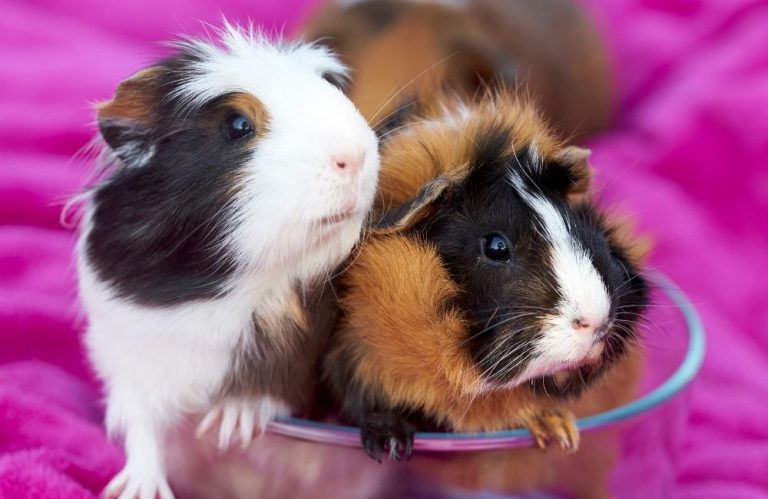Can Guinea Pigs Eat Basil?
Thinking of what and what not to feed your cavy? Thought of basil? Is this attractive, aromatic herb appealing to your pet as it is to humans?
It is used in cooking food and salad making but is it right for your guinea pig? Read on and learn if this common herb can be part of your pet’s diet.
Can your Guinea Pig eat basil?
Guinea pigs can feed on this herb. Not only is it rich in vitamins but also has other health benefits for guinea pigs. They eat different basil types but everything works under moderation.
What Basil should be Fed to Guinea Pigs?
There are different basil varieties such as sweet basil, purple basil, Greek basil, Thai basil, lemon basil among others. All these work well but in limited amounts.
Basil leaves are common in the kitchen but what basil parts work for your guinea pig? These pets eat basil leaves, seeds, flowers and the stems of basil plants.
Just like basil leaves, basil flowers have a sweet smell and taste which is pleasant for your pet. Moreover, guinea pigs eat basil stems which are sweet too. Basil seeds however, should be soaked since they are hard to chew.
How to Feed Basil on Cavies
The key thing is always hygiene. Ensure you wash basil leaves, seeds, flowers and stems when feeding them to your pet. Substances which might be on the surface of basil might cause stomach distress to your guinea pig.
Add basil to your pet’s diet or feed them alone. Apart from that, make sure you give them fresh basil. Frozen basil is okay too but don’t feed it cold.
Stale or processed basil may cause stomach upset on your guinea pig. Processed basil might contain preservatives or added chemicals. Stale basil has lost its fresh, succulent nature therefore it is unhealthy for them.
Regulate the amount of basil fed to your cavy. This should be a few basil leaves, seeds, flowers or stems once or two times a week. They work as an additive not a main meal.
When introducing basil to your cavy, watch them keenly. Just like humans have food allergies, not all guinea pigs blend with this herb. Watch out for negative feedback from the cavy.
This could be bloating, an upset tummy or diarrhea. If your cavy reacts negatively, switch up to a different herb. When your pet responds well, make the basil part of its diet.
Growing Basil for your Guinea Pig
Worried about where to find fresh basil for your guinea pig? Well, cease your worries. Basil can be easily found in local markets of countries growing basil.
Some countries also import it and you can find it in the supermarkets and food marts. If it is not available in your local stores, consider growing it small scale for your guinea pig. You don’t have to live in a place that supports basil growth for you to grow it.
The good news is you can grow it under controlled environments in containers, raised seedbeds or green houses. With the right research, you can grow your own healthy basil plants. It takes three to four weeks to grow so you will always have fresh basil supply for your pet.
Basil Benefits on your Guinea Pig
We have seen how to feed your pet with basil. Is it important for your guinea pig? Yes, basil is essential for your cavy, here’s why.
Basil is succulent therefore it adds moisture to your cavy’s body system. It is easy for your guinea pig to chew due to its tenderness.
Basil is a good source of vitamin K, manganese, iron, vitamin C, calcium, magnesium, and vitamin A. It provides roughage too to your cavy which eases in digestion and has a laxative effect.
Do these minerals and vitamins have any significance for guinea pigs? They do, calcium is good for your guinea pig since it aids in bone and teeth development. Oxygen is important for all animals including these pets.
Iron allows the cells to carry oxygen which is then transported throughout the body. On the other hand, vitamin C and phosphorous is good for tissues development of your pet. Vitamin K aids in wound healing in case your guinea pig is injured.
Effects of Excessive Basil to Guinea Pigs
Upon discussing the basil benefits, should you give your cavy more basil to rip off the full benefits? Moreover, most of them find basil captivating therefore you might be tempted to give it some more. The question is, should you?
Too much of something is poison, guinea pigs should not consume excess basil. It acts like a snack and snacks are not healthy when consumed in large amounts.
Basil is a rich source of calcium and phosphorous. When these compounds are excess in the body, they pose certain health risks to your pet.
High calcium in the body leads to kidney failure or even adrenal glands failure. Adrenal glands produce hormones which respond to fever, injury or illness in the cavy.
Kidneys regulate calcium and phosphorous amounts in the cavy, in excess the kidneys do not function properly. When phosphorous and calcium are not in the right amount, the bones try to play that role.
This happens in an attempt to keep the blood in their bodies balanced. This makes the bones unhealthy and weak making them prone to fractures and other health problems.
Basil is a fiber source as well. This pet is unable to digest much of it and this can result in digestion problems.
Bottom Line
Most herbs are as good for guinea pigs as they are for human beings. Basil forms part of this list but it should be used with caution.
That is observing hygiene and regulating the amount you feed to your pet. Giving the proper amounts of basil to your guinea pig has diverse health benefits on it. Incorporate basil into your pet’s diet to attain the good benefits.







